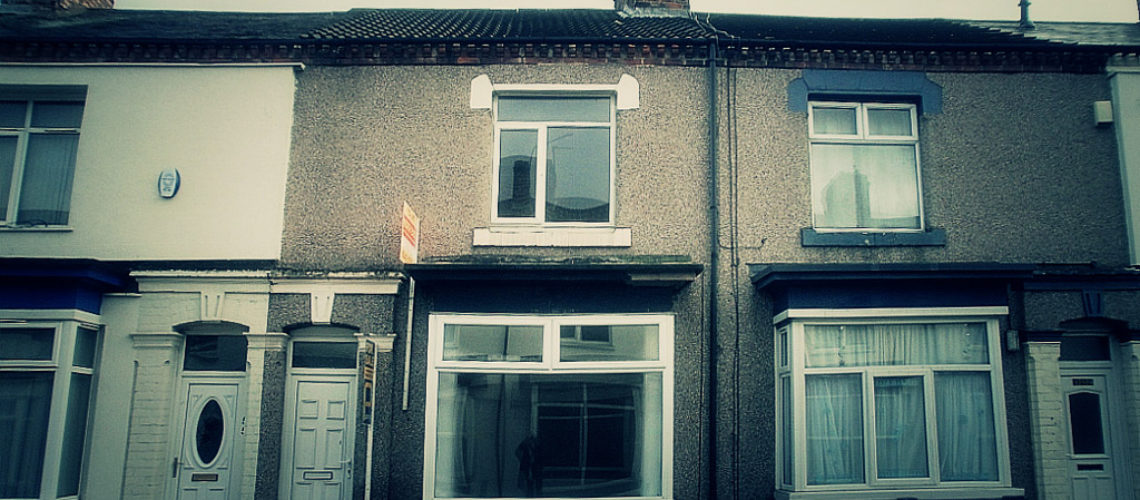This item showed that in the immediate aftermath of the 2016 EU referendum, the BBC went flat out to project that the ‘yes’ vote had been a huge mistake. Their reports from what they dubbed ‘Brexit Street’ on Teesside were fake news of the worst kind and were designed to misrepresent and malign the views of those who voted to leave the EU.
What could be the biggest threat to Brexit?
Tory back-sliding and plotting by remainiacs like Anna Soubry? Undoubtedly they will have spent much of the summer fomenting new lines of subversion. They are ready pounce on and exaggerate any dissension in party Brexit ranks, as last weekend’s Sunday Times story about the alleged turf-war spat between Boris Johnson and Liam Fox underlined.
Or could Owen Smith confound the whole Westminster village, win the Labour leadership election and, with a miraculously re-unified party behind him, force, as he says he will, a second referendum? Most Labour MPs still obdurately think that voters for Brexit, many of them their constituents, were deluded fools.
Pigs are more likely to fly of course than Owen Smith is to beat Jeremy Corbyn. But much stranger things in politics have happened in the bewildering battery of developments since June 23.
One constant in the equation, and perhaps the biggest threat of all to Brexit – through the corrosive propaganda they are continuing to generate on an industrial scale – is the BBC. Two months on from the referendum vote, they are still searching relentlessly for reasons why ‘no’ was totally a mistake.
It is impossible to keep track of this deluge. It’s suffused, for example, throughout the Corporation’s business coverage (best evidenced in Today’s 6.15am business news slot), has infected food, environment and comedy programmes, and of course, dominates news coverage. If you have doubts, take a while to browse the Corporation’s Brexit Collection on the iPlayer – almost every programme rams home hard the collective anti-Brexit meme.
Such is the scale of the effort that a whole new mythology is in the process of being forged. In BBC programmes, Brexit voters are mostly unemployed, usually almost inarticulate, and they speak in impenetrable northern or guttural regional accents. They are mostly old and despise the young. Above all, they hate strangers and immigrants to the extent that they are plotting and committing by the hour ‘hate’ crimes on unprecedented levels.
A further bedrock of this new BBC reality is that ‘out’ voters were duped by unprincipled, racist opportunistic politicians such as Nigel Farage who spun a web of fiendishly convincing lies.
Over-egging? No. A manifestation of these fables-in-the-making is being broadcast on Radio 4’s PM programme, Producers have built around a real, but unidentified ‘ordinary’ street on Teesside a series they have dubbed ‘Brexit Street’.
So far reporter Emma Jane Kirby has fronted five reports, each of which has brought listeners – through the views of local residents – what is claimed to be the reasons why people voted out.
In the right hands, this could be interesting, revealing broadcasting. But this is the BBC, and instead it is a caricature of Northern voters that is beyond parody.
For a start ‘Brexit Street’ is not ‘ordinary’. The exact location has not been revealed to listeners. All that has been said is that it is in the town of Thornaby-on-Tees, an inner city area sandwiched between Stockton on Tees in the west and Middlesbrough to the east.
A little digging from the facts presented by Kirby (it has terrace houses, a Salvation Army premises, a bookies’ and a supermarket) reveals that it can be only one local thoroughfare, Westbury Street. And once identified, a whole series of alarm bells start ringing.
First, the housing is mainly old inner city stock and a terrace house can be bought there for between £40,000 and £60,000, compared with the local average of around £100,000 and a regional North-eastern figure of around £120,000. So it’s pretty downmarket, even in an area (Middlesbrough especially) which is facing very tough and exceptional times because of the closure of the local steelworks.
Second – and this is probably the killer blow to any pretence of balanced journalism – Kirby revealed in the opening report that ‘a large number of asylum seekers’ are residents. Further spadework reveals that Middlesbrough and Stockton town councils are the only two in the North-east which are accepting asylum seekers on a large scale. There are nearly 700 in the local government area covering Thornaby, equating to one in 280 local residents.
That said, Westbury Street has only 120 households, and the local average house occupation rate is 2.3 – so it would be expected that only one or two residents there would be asylum seekers. Kirby, however, says there are ‘large numbers’ living there (and of course she’s interviewed many of them) – suggesting that the local council is using the street for their re-settlement because housing there is especially cheap.
What this boils down to is that Westbury Street is not at all average and not at all ordinary. Kirby has focused in two of the first five reports on that the asylum seekers feel isolated and alone and are not integrated, mainly because of the views and implied prejudice of the locals who voted out.
Asylum seekers, of course, are nothing to do with the EU. But never mind the facts. Going there and projecting the alleged prejudice against these unfortunate people (one is a victim of alleged military atrocities in the Congo) as a contributory cause of the Brexit vote fits neatly with the new BBC mythology.
More reports in the series are a treat in store. What has been presented so far is a travesty of balanced journalism.

